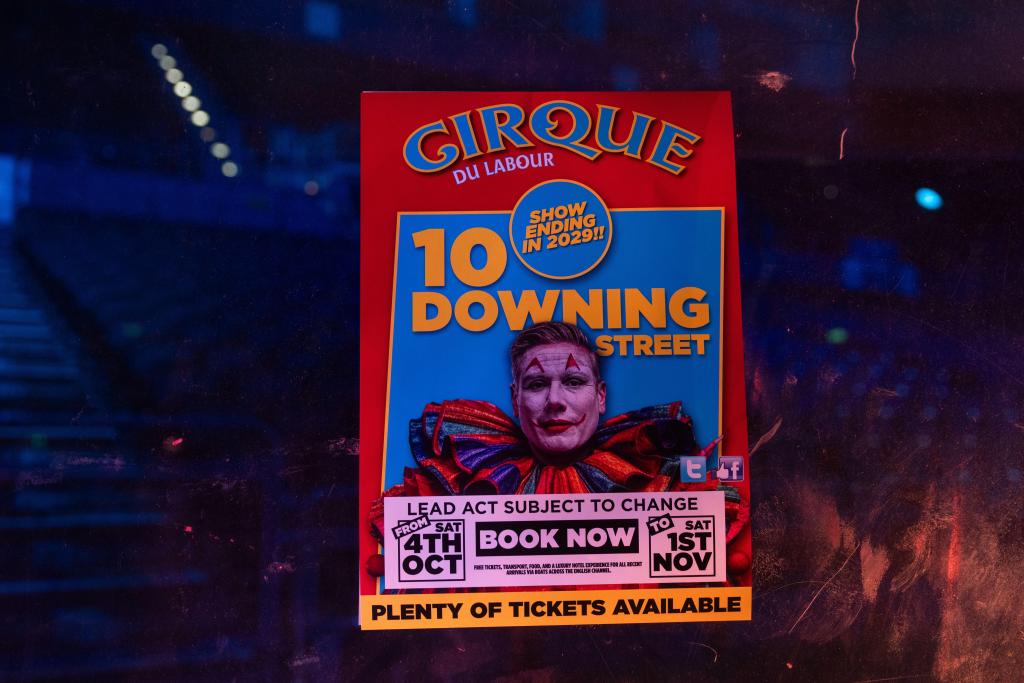What’s the most hazardous occupation? Deep sea fisherman? Uranium miner? Tail-end Charlie in a Lancaster bomber (not a career currently available)? I challenge anyone to find a speedier way to meet one’s end than becoming an influencer. The sad death of 28-year-old University of Salford student Maria Eftimova, who tumbled off Tryfan, a 1,000ft mountain in Snowdonia during a hike organised on Facebook, is one of those all-too-regular headlines: an influencer who meets their end in their twenties, leaving tens of thousands of followers distraught.
Policymakers fret over children falling under bad influences online – we have had an entire Online Safety Act to try to address the problem. But the hazards facing the influenced seem nothing like those suffered by the people who are doing the influencing. There was, for example, 24-year-old Chinese extreme-eater Pan Xiaoting, who liked to live-stream her eating binges – and died during one in July last year after her stomach burst while trying to consume 10kg of chocolate and other foods. Or there was 21-year-old Thanakarn Kanthee, a Thai national who died at New Year after trying to down two bottles of whisky in 20 minutes.
They, you might say, had it coming. But the influencer curse doesn’t just seem to extend to people doing stupidly dangerous things – falling off buildings and bridges while trying to climb them illicitly is another favourite. All Guava Shuishi liked to do was put on make-up (although she did have an unfortunate habit of tasting it at the same time). She died of a ‘mystery illness’ earlier this month. She, funnily enough, was also 24. While rock stars became notorious for coming to grief aged 27 (as per Janis Joplin and Jim Morrison), influencers seem to have developed an unnerving habit of writing themselves out of the script three years earlier. Hari Harris, who just liked to give interior decorating tips to his online followers, did at least make it to 29 before falling down the stairs at his family’s home in Shrewsbury in February.
Social media is one of the great misnomers of our age: for many people it is the route to a solitary life
Although it often goes unstated, reading between the lines suggests that suicide is a big killer of influencers. Social media seems to have created a world which offers instant fame for a few but also the certainty of a big crash in self-esteem when the followers and likes inevitably start to dry up. It is not, though, immediately obvious why the fame and rejection offered by social media should be so much more lethal than the same cycle of ups and downs which has afflicted generations of pop stars, writers, actors and artists. Many developed destructive habits but few set out deliberately to take their lives.
Maybe the essential difference is that most performers in the pre-social media age were at least forced to keep one foot on the ground by having to go out and perform in pubs and clubs – if not on a big stage. They were forced into contact with fellow strugglers. The life of an influencer need not involve other people at all – it can be carried out entirely in isolation. ‘Social’ media is one of the great misnomers of our age: for many people it is the route to a solitary life. Covid lockdowns served only to encourage the idea that you can achieve global fame without ever having to leave your bedroom.
Still fancy being an influencer? There are few original ideas, but if I were minded to set up a TikTok or Instagram account I can think of one theme which, as far as I am aware, no-one has tried: how to live to the age of 30.








Comments